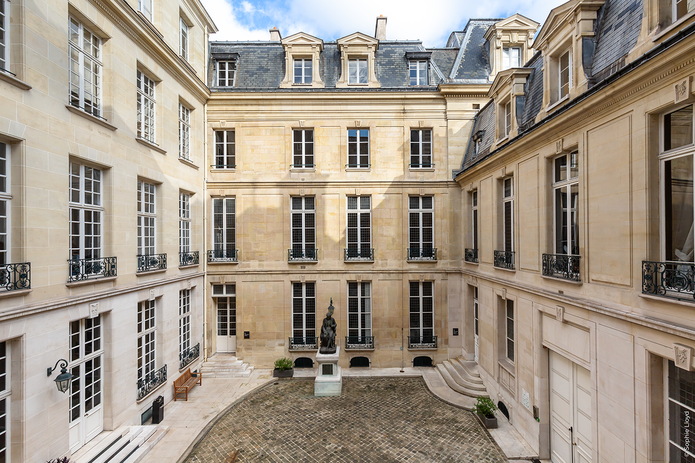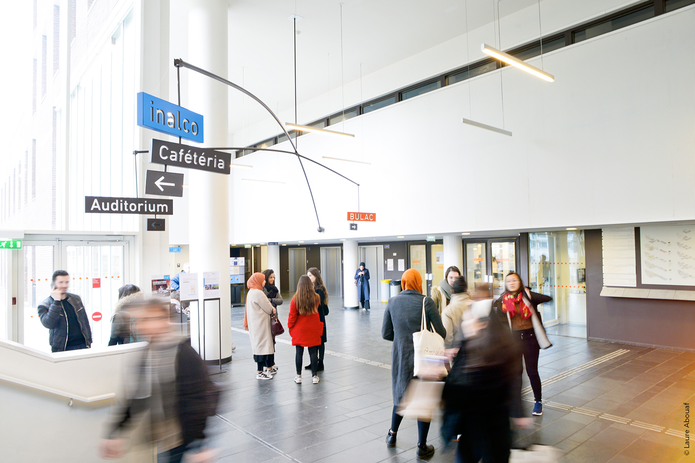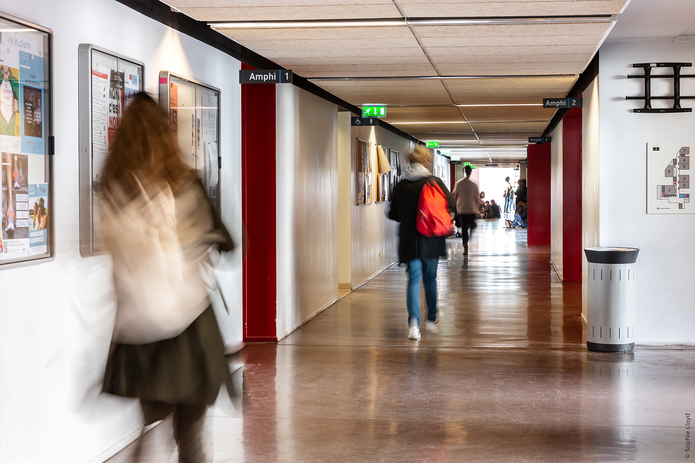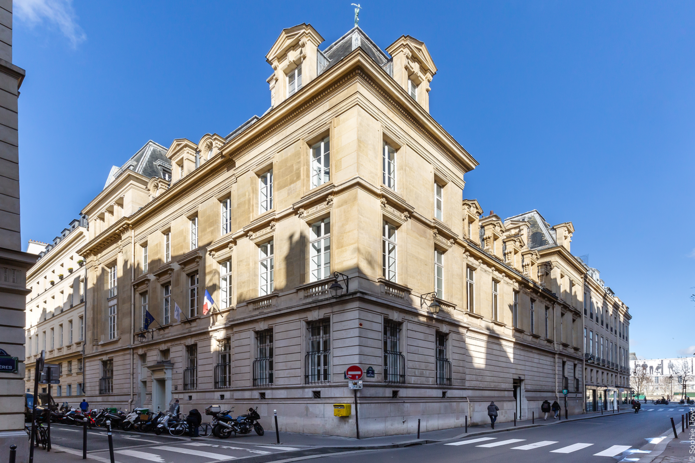Founded in 1795 and located in the heart of Paris, Inalco is a research university specialising in language-based Area Studies. Inalco has developed unique expertise in contemporary languages and societies and a capacity for in-depth analysis based on field research, while continuing to adapt to a changing world in all its diversity and complexity. This expertise derived from 200 years of experience, sound research methods and highly specialised scholars has enabled the university to develop teaching programs of the highest quality with a strong concern for employability.
No other institution or country offers such a diversity of courses, such opportunity to expand horizons and such a wealth of knowledge, all in one place. Inalco is a key player in promoting and preserving the world’s languages and cultures, striving every day to disseminate the knowledge and skills essential for people to understand and engage meaningfully with each other, culturally and socially as well as professionally. The University thus advocates a differentiated education and research model in which languages are at the same time tools to access people, data, knowledge, and indissociable parts of a society’s culture and socio-political organisation. Inalco is driven by a commitment to student-centred and global well-being through mutual understanding in a plural world, in line with EUniWell’s commitment to the United Nations Sustainable Development Goals.
Some highlights:
- An international institute: With more than 100 languages and cultures taught, students and teachers of more than 120 nationalities, and research projects in more than a hundred countries, Inalco has been a resolutely international institute for over two centuries. Inalco is developing numerous cooperative ventures with foreign universities, which involves both maintaining and enriching a network of contacts on a global scale and institutionalising its relations with its partners. Thanks to more than 200 partnership agreements, Inalco carries out research projects in more than a hundred countries and offers joint training courses with foreign universities. Students at Inalco, and those of our international partners, can enjoy an immersion experience that complements their studies.
- Inalco, a meeting place for world cultures: As a reference institute for training and research in modern languages and civilisations, Inalco also offers a high-quality cultural and scientific programme. The life of the institution is punctuated by more than 400 cultural and scientific events per year which highlight the languages and civilisations taught at Inalco. The richness of this programme offers a unique opening to the world in all its diversity and complexity. It contributes to making Inalco a meeting place for the world's cultures and to promoting cultural diversity.
- Specialised fundamental and applied research: Research at Inalco combines cultural areas and disciplinary fields. Their intersection, which is particularly fruitful from a scientific point of view, concerns the study of languages as well as the history, geography, institutions and political, economic and social life of the countries and regions concerned. Inalco's researchers and research teams work on all the major regions of the world (Europe, Asia, Africa, the Americas, Oceania), favouring a situated, thematic and (inter)disciplinary approach. The research is based on 14 research units, half of which are under joint supervision with the CNRS and IRD research organisations.
- A novel approach, both theoretical and practical: The specificity of research at Inalco lies in an approach that combines four dimensions: very good knowledge of the cultural areas concerned, mastery of the languages of the region studied, a disciplinary approach and research conducted in the field using local sources (ethnographic observations, interviews, collection of documents, etc.). The study of societies and cultures is thus carried out on a solid theoretical and methodological basis, while at the same time giving central epistemological importance to the local language as an indispensable medium of knowledge of a culture. It is this approach to cultures, societies and civilisations, supported by a decentred view of its research objects, that ensures the dynamism, relevance and specificity of Inalco's research in the national and international field of cultural area studies. In a world that is increasingly complex to decipher, this specificity offers indispensable keys to understanding global and local, national and international exchanges and issues.
EUniWell responsible persons
Prof. Gilles Forlot
Vice-President for European and International Affairs
Inalco
Prof. Delphine Allès
Vice-President
Inalco
Facts & Figures
- Students: +9000
- Student foreign nationalities: +120
- Educators & Staff: +800
- Laboratories: 14
- Languages taught: +100
- Language research programmes: 450





